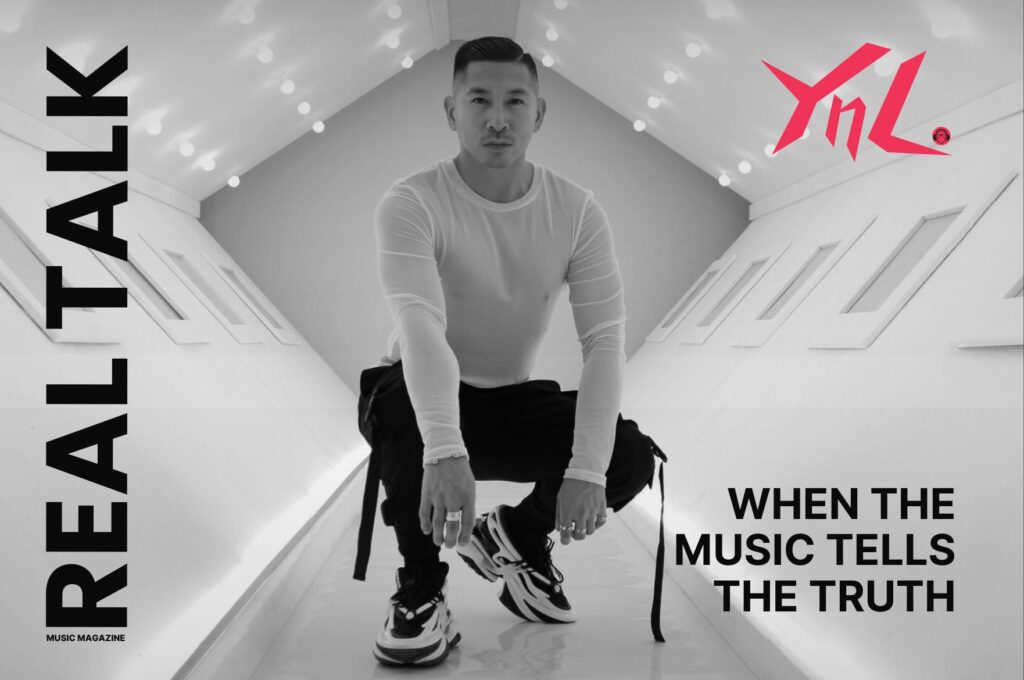Now Reading: Demi Lovato, Recovery, and The Price of Fame
-
01
Demi Lovato, Recovery, and The Price of Fame
Demi Lovato, Recovery, and The Price of Fame

Article by Manuela Bittencourt – 08/05/2025
Demi Lovato’s story is a powerful reminder that even the brightest stars face shadows that don’t always make the headlines.
From child star to global pop icon, Demi’s rise seemed unstoppable. But behind the spotlight was a battle with addiction, mental health struggles, and the relentless pressures of fame.
The Pressure Cooker of Early Fame
Demi’s journey shows us how early fame can amplify every vulnerability.
As a teenager, she was thrust into the spotlight with little preparation for the emotional weight it carried. The constant scrutiny, high expectations, and industry demands left little room for healing or growth.
Fame became a fast track to burnout – and for Demi, it lit a fuse that eventually exploded.
Breaking The Silence on Mental Health
Demi has been open about her struggles with bipolar disorder, eating disorders, and substance abuse. Her courage to speak publicly about these challenges has helped destigmatize mental health in the music industry and beyond.
“It’s very important that people no longer look at addiction and mental illness as something taboo to talk about,” Demi said in a speech at the National Council for Behavioral Health in Washington, D.C. “It’s real. It affects many people—and it’s okay to ask for help” (Kingdon).
Her path wasn’t just about sobriety—it was about learning to coexist with mental illness and commit to self-compassion.
The Overdose That Changed Everything
In 2018, Demi suffered a near-fatal overdose that shook the world. But instead of retreating in shame, she chose transparency—sharing her story in the raw, unflinching documentary Dancing with the Devil.
It made one thing clear: recovery isn’t a straight line. It’s messy, human, and ongoing.

Using Music as Healing and Advocacy
Demi’s music reflects her pain and recovery. Songs like “Skyscraper” and “Sober” are raw, honest, and therapeutic, not just for her, but for millions of fans who see themselves in her story. Her recent return to rock roots in HOLY FVCK isn’t just a sonic shift—it’s a reclamation of voice, rage, power, and identity on her own terms.
Through her art, she’s turned vulnerability into strength—and turned healing into anthems.
A Shift in the Industry
Demi isn’t alone. A growing wave of artists—like Kid Cudi, Selena Gomez, and Logic—are helping shift the industry by speaking openly about mental health.
It’s a cultural shift that’s long overdue, and Demi has been at its forefront.
Lessons for Musicians and Fans
Fame doesn’t protect you from pain—it often magnifies it. Mental health struggles can coexist with success and talent.
Recovery is a journey, not a destination.
Speaking out helps break down stigma and fosters a sense of community. Your productivity or perfection does not define your worth.
Final Thought
Demi Lovato’s story isn’t just a cautionary tale—it’s a beacon of hope for anyone navigating mental health in the music world.
Whether you’re in the spotlight or just trying to make it through the day, her story reminds us: your struggle doesn’t make you weak. Your truth can become your power.
Beneath the glamor, musicians are human. And healing is as much a part of the art as the music itself.
Bibliography
Kingdon, Tory. “Demi Lovato Talks Candidly about Mental Illness – Interview 2015 – Talk National Council for Behavioral Health.” Glamour UK, 8 Oct. 2015, www.glamourmagazine.co.uk/article/demi-lovato-talks-openly-about-mental-illness. Accessed 31 July 2025.
























